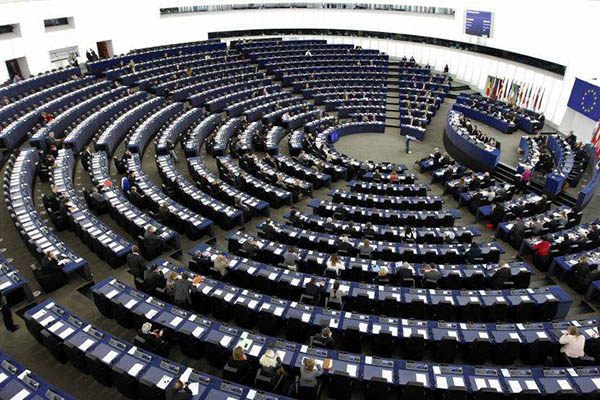On June 15, EU ambassadors endorsed an agreement reached with the European Parliament on macro-financial assistance for the Republic of Moldova. The assistance will be aimed at supporting the country’s economic stabilization and structural reform agenda, helping to cover its external financing needs over the 2017-18 period, IPN reports, quoting a press release placed on the website of the European Council.
Up to €100 million is provided in EU assistance under an agreement reached by presidency and EP representatives on June 6, 2017. Of this, €60 million was agreed in loans and €40 million in the form of grants. This will supplement resources provided by the IMF and other multilateral institutions.
“The Republic of Moldova’s economy was affected by political instability during the period between elections in November 2014 and January 2016. It has also been affected by a banking fraud scandal, weak economic activity and import bans imposed by Russia. Since early 2016, the authorities have adopted a number of reforms, but need to undertake further efforts in implementing them, whilst those responsible for banking frauds need to be brought to justice,” says the press release.
In November 2016, the IMF approved three-year arrangements with the Republic of Moldova, under its 'extended fund facility' and 'extended credit facility', for $178.7 million. The Republic of Moldova requested complementary assistance from the EU in August 2015 and renewed that request in March 2016.
The decision to provide the €100 million is to be examined by the European Parliament on July 5. The EU assistance will be subject to a memorandum of understanding, including precise and specific conditions, to be agreed by the Republic of Moldova with the European Commission. The Commission and the European External Action Service will regularly monitor the fulfilment of these preconditions and objectives and will decide the allocation of the first tranche based on the conclusions.

